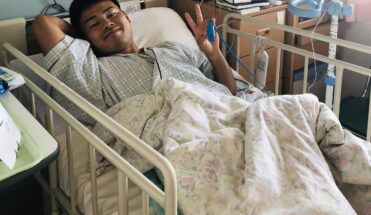Scotland 7S: Diary From Delhi
A squad of current Scotland 7s internationalists and future prospects are in Delhi, the home of the 2010 Commonwealth Games, this week (5-11 October) for an intensive training camp one year out from the tournament.Team manager Karen Burnett is keeping www.scottishrugby.org up-to-date with how the team are doing in Delhi.A squad of current Scotland 7s internationalists and future prospects are in Delhi, the home of the 2010 Commonwealth Games, this week (5-11 October) for an intensive training camp one year out from the tournament.Team manager Karen Burnett is keeping www.scottishrugby.org up-to-date with how the team are doing in Delhi.Day 1 – MondayOn arrival at our hotel it was straight to the pool for a recovery session to stretch off after the 14 hour flight from Glasgow to Delhi which took in a stopover in Dubai. We flew with Emirates who always look after the team well.After checking in and some lunch, we trained at Delhi University on one of the eight training pitches that will be available to the teams competing in next year’s Commonwealth Games.The ground is at Hindu College and we were very pleased with the condition of the pitch. The changing rooms are still under construction which meant we had a quite an audience for our session from the various builders, engineers and university security staff that are based there.They seemed quite bemused by the ice baths that followed the session- something they had never seen before!We are being looked after very well by the Indian Rugby Union and have a local Development Officer, Vinod Puri, as our liaison officer, along with Ashad, the captain and stand-off of the local team, the Delhi Lions.Travelling around Delhi is an experience and I doubt any of the players have seen traffic like this – there are no lanes as such and the tuk tuks, busses, mopeds and bikes all fight for position along each route, with pedestrians literally taking their lives in their hands to cross the roads. Cows are also allowed freedom of the road, adding another obstacle.The Indian people have been amazingly friendly and helpful to us and they are all very excited about the Commonwealth Games being held here.Day 2 – TuesdayToday we had a gym session and this afternoon we’re off for training again at Hindu College, this time using the GPS (Global Positioning Satellite) system that we have on loan from the Scottish Institute of Sport. It gives details of the players’ heart rate, distance travelled etc.One of the main reasons for our camp here is to train intensively and test the players’ reactions to the heat, humidity and jet lag. We can therefore adjust the schedules accordingly for both similar conditions on the IRB Sevens World Series, and also prepare for the Games next year.The Commonwealth Games Federation is holding a Congress this week in Delhi, so we had a visit this evening from delegates from the Commonwealth Games Council of Scotland. There are also representatives of the IRB in Delhi to see how the Competition venue is coming along, so we have met them and talked through the plans for the Athletes Village for the Games.Tomorrow is a busy day with players getting up for ‘weigh-in’ (where we measure their weight at the start of the day) at 6.45am and two rugby sessions so it’s an early night for everyone.Day 3 – WednesdayToday was another very busy day with two rugby sessions. One focussed on technical and tactical skills, and the second being a very physical game related session – a real test in 35 degree heat! So other than rugby… here is some information on what else we do during our training camps. Over and above the data from the GPS system, the players begin each day with a weigh-in, where they record their weight, how many hours sleep they have had, the quality of sleep and how ready they feel for training.Then follows a morning activity – either a pool session or a stretch session, before they have breakfast. Their weight is also recorded before and after each training session so we can monitor how much they lose and then they can re-hydrate as necessary. We also test urine daily which provides information on hydration levels, as poor levels affect performance. After each session, the players grade it on levels of physical difficulty to provide additional information to measure the effectiveness of training. Players also undertake reaction testing, using equipment provided by the Scottish Institute of Sport. This gives data on concentration levels, fatigue and jet lag.Many people have been curious about our diet whilst in India. We are staying in a hotel that has a western style restaurant, and although there are plenty of curries and Indian dishes, there is a good selection of food the players are more used to, such as made to order pasta dishes.All water drunk is bottled and all recovery drinks and protein shakes are made using bottled water. We have been very careful in regard to hygiene and each player has antiseptic hand gels to use should they be unable to wash their hands at any time. So far, no cases of the infamous ‘Delhi belly’! Whilst in Delhi we have had the support of the Delhi Security police with an armed guard and police car with us on our journeys to and from training. It feels quite strange but it is reassuring that should any incident occur, we have them on standby. They are even mastering the art of putting up our inflatable ice bath!Day 4 – ThursdayThe players went to the gym again, to Fitness First in central New Delhi to do a lifting session to maintain body mass. After lunch and a period of rest, it was back to Delhi University for training. Today we were joined by players from Delhi Lions, a local team, who provided some opposition to our squad in training. Although we came out on top in the score, they seemed to enjoy the experience of training alongside fulltime players. Our coach, Stephen Gemmell, also spent time with their president, discussing training methods and coaching approaches to help their development.At the end of the session, the Indian National team came to train at the ground, giving us the first opportunity to see our opponents for Saturday’s matches. We have 3 games against them on Saturday, where our matches have been slotted into the schedule at a National Women’s 10s tournament. There will be 180 female players competing. Rugby in India is growing, but is still has a long way to go before getting close to the national game of cricket. There are 18,000 registered players and 72 clubs in India and there are regional development managers in all the main areas. Mumbai is the rugby “capital” but it is hoped the game will grow in popularity after featuring in the Commonwealth Games.After training and ice baths, its back to the hotel for dinner and physio as required. Training sessions are filmed and downloaded onto laptops so the players can study what they have done. The coach, Stephen Gemmell, also meets players on a one to one basis to discuss their progress, goals and generally how they feel the trip is going.So, all in all a pretty full schedule. Tomorrow we are training again in the morning, then we hope to have an hour or two to get to see some of the sights in Delhi as we have not been out of the hotel other than to go to training or the gym and it seems a shame not to see any of such an interesting and exciting city!
Tags
Related news
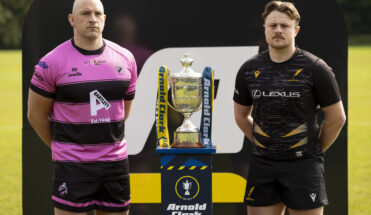
Arnold Clark Premiership feature matches: Ayr v Currie, Heriot’s v Hillhead Jordanhill
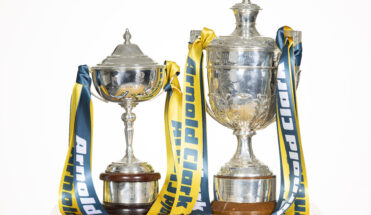
Historic deal sees BBC ALBA broadcast 11 club matches live
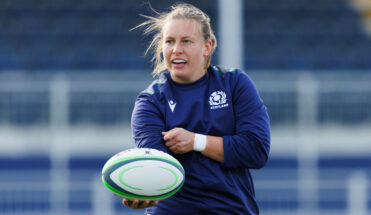
Law out of retirement for Barbarians Debut
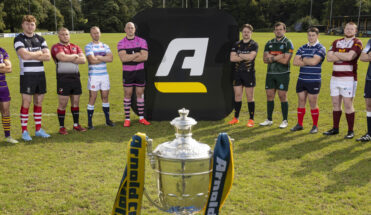
Senior Academy and pro player draft announced for 2024/25 Arnold Clark Men’s Premiership

OASIS LIVE ’25 adds extra dates
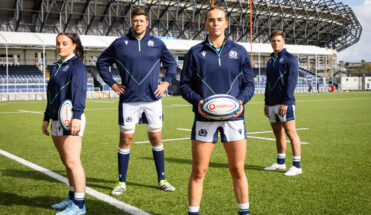
VODAFONE TO BECOME A PRINCIPAL PARTNER OF SCOTTISH RUGBY IN MULTI-YEAR DEAL
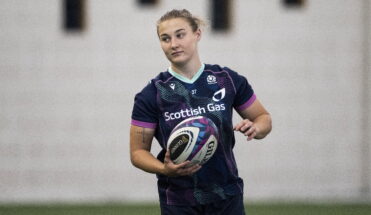
Scotland squad named for WXV 2 competition
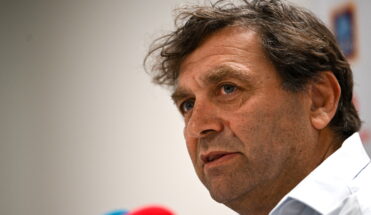
David Nucifora appointed in performance advisory role

OASIS LIVE ’25 world tour to come to Scottish Gas Murrayfield
